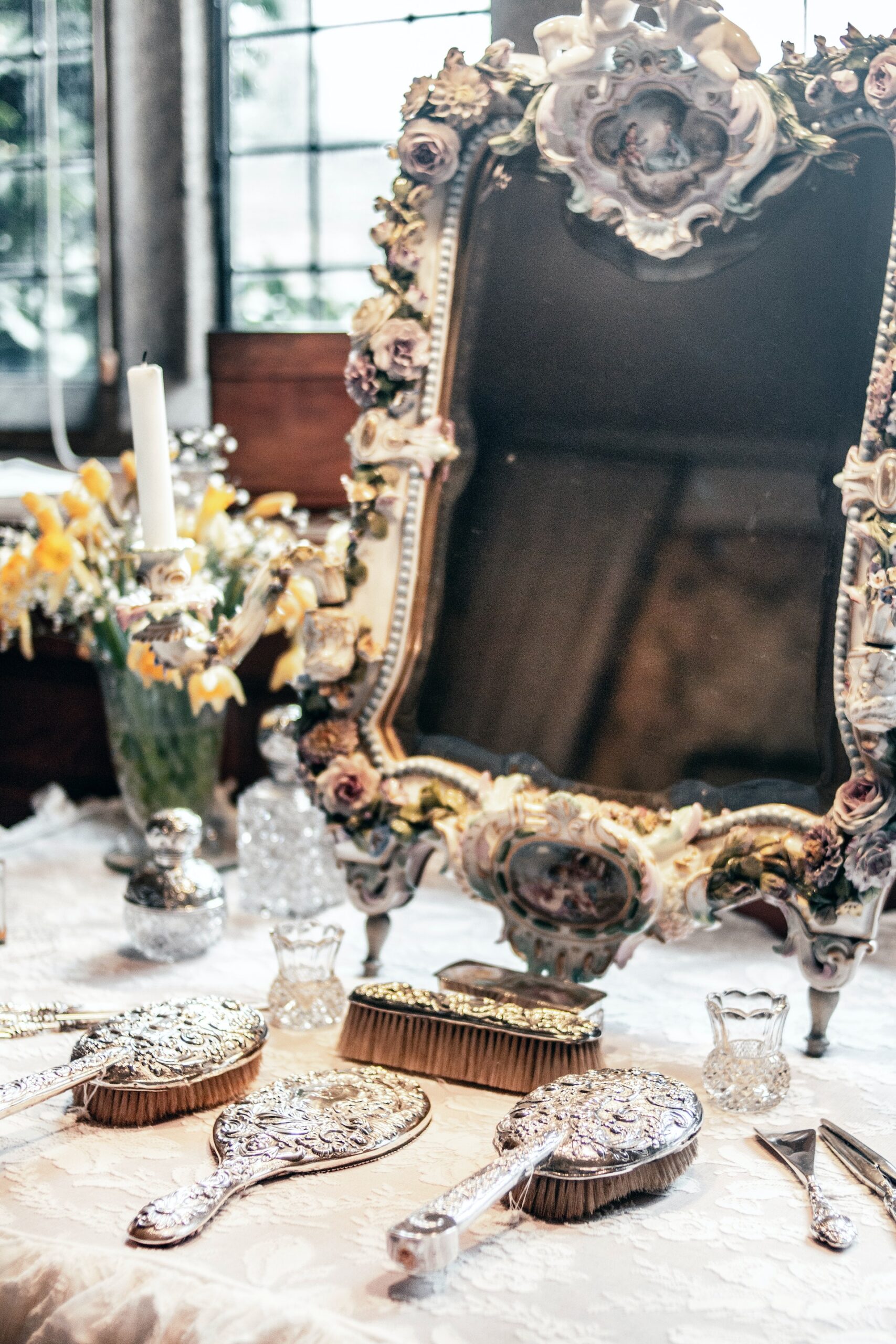Introduction
Antique flipping has gained much attention lately, with more and more people eager to use their interest in heritage and aesthetics to make money. According to https://resellcalendar.com, in 2023 the market for antiques is still experiencing growth even now, giving it great potential for those wishing to make a return. Guiding you through this journey of flipping antiques are the knowledge, strategies, and an eye for items that could bring profits. This guide provides the critical information and advice essential to making the most out of antique flipping.
Market research
To get a better understanding of current trends, prices, and demand, conduct thorough market research before embarking on your antique flipping journey. Find out about current trends, prices, and demand by visiting online auction platforms, antique stores, estate sales, and flea markets. Get to know the most popular antique categories and collectibles, as well as buyer preferences.
Developing your knowledge base
If you are interested in flipping antiques, you need to build a solid knowledge base. Learn about the different periods, styles, and materials commonly found in antiques. You will be able to identify valuable pieces and negotiate prices effectively if you know the history, craftsmanship, and unique features of each item. Learning can be facilitated by books, online resources, and antique fairs or workshops.
Building connections and networking
Attending antique events, joining antique collector groups, and connecting with experienced dealers and collectors are essential steps in finding the best deals and opportunities in the antique community. You will gain a deeper understanding of the market, increase your credibility, and possibly open doors to exclusive deals if you engage in conversations, share your knowledge, and seek advice from experts.
Finding profitable antiques
When hunting for antiques to flip, keep an eye out for items that offer the potential for a significant profit margin. It is important to look for unique or rare pieces, items in high demand, as well as items with historical significance or cultural significance. You should also keep an eye out for emerging trends, since what is popular today may not be so popular tomorrow. Condition is another factor to consider; items that can be easily restored or in good condition tend to fetch more.
Appraising and Authenticating Antiques
If you are interested in ensuring an antique’s authenticity and value, familiarize yourself with the techniques used to authenticate different types of antiques, such as examining signatures, hallmarks, and specific design details. If you want a more accurate understanding of an item’s value, consult an expert or professional appraiser. The value of an antique can be greatly increased if it is supported by proper documentation of its authenticity and appraisal.
Negotiation that works
The ability to negotiate is essential to flipping antiques profitably. Understand the seller’s motivations, evaluate the item’s condition, and be prepared to walk away if the price does not match your expectations. Remember, building rapport with sellers and demonstrating your knowledge can give you an advantage during negotiations. Polite and assertive negotiations can often result in obtaining a better deal.
Selling and marketing
To maximize your profit potential, create an effective marketing strategy for your antique business. Use online platforms like dedicated antique marketplaces, social media, and your own website to showcase your inventory. The best way to attract potential buyers is to take high-quality photographs, provide detailed descriptions, and provide accurate measurements. Consider participating in antique shows and fairs, collaborating with influencers, and targeting advertising.
Reputation Building
If you provide excellent customer service, accurate descriptions, and prompt shipping, you will be able to build a strong reputation as a trustworthy seller in the antique business. As a result of positive feedback and reviews from satisfied customers, your credibility will be enhanced, resulting in repeat business and referrals.
Legal and ethical considerations
In order to sell antiques, you should be familiar with local laws and regulations, particularly those that pertain to endangered species, cultural heritage, and exports. To maintain your reputation and avoid legal repercussions, it is crucial to follow ethical practices, such as not selling counterfeit items or engaging in fraudulent activities.
Market-driven evolution
Adapt to market fluctuations by staying current with industry news, attending conferences, and following prominent antique dealers and experts. The antique market is constantly changing, influenced by shifts in trends, tastes, and societal interests. In order to stay ahead of the competition and ensure long-term success, you must constantly educate yourself and be flexible.
In conclusion
Antique flipping can be an exciting and lucrative venture. Success in this field requires market research, knowledge expansion, networking, item authentication, negotiation and marketing techniques. Growing a reputable reputation, staying flexible and continuously learning are essential for success this year and beyond. With dedication, patience and a sharp eye you can discover the precious gems in the antique world and turn them into money-making ventures.

